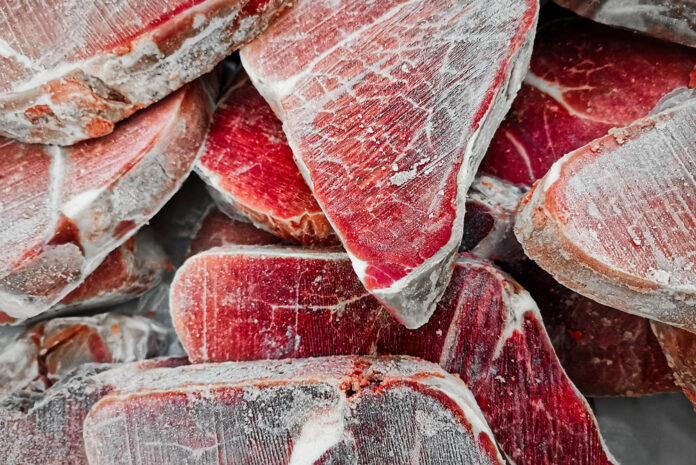Meat imports surged by 25.9 percent in the first quarter of 2025 compared to the same period last year, driven primarily by higher pork and chicken shipments, according to data from the Bureau of Animal Industry (BAI).
Total meat imports reached 344.59 million kilograms from January to March 2025, significantly up from 273.64 million kilograms in Q1 2024. Pork remained the dominant imported meat, with volumes rising by 42.5 percent to 183.19 million kilograms, comprising over half of all meat imports. Chicken followed with a 14.8 percent increase to 111.36 million kilograms.
The data underscores the country’s continued reliance on foreign meat supplies, particularly pork, amid lingering production issues caused by African swine fever. Jess Cham, president emeritus of the Meat Importers and Traders Association, noted that unless local hog production stabilizes, import dependency will likely persist.
Meanwhile, beef imports also rose 24.2 percent, while lamb saw a 26.1 percent increase. In contrast, imports of buffalo, turkey, and duck dropped sharply, with turkey imports plunging by 82.4 percent.
The sharp rise in imports could influence future agricultural policy decisions, including tariff rates and support for domestic livestock producers. The Department of Agriculture continues to monitor both pricing and supply, with current retail prices in Metro Manila showing pork belly ranging from P390 to P470 per kilogram and whole dressed chicken from P175 to P240 per kilogram.







